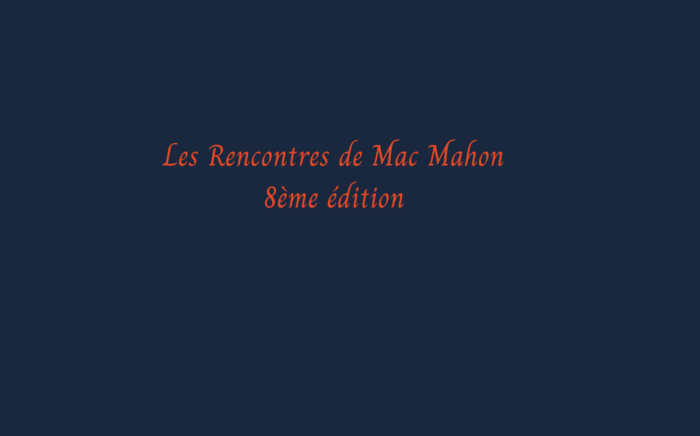
The economic, technological and cultural upheavals that companies are facing, pushes them to instill new dynamics of innovation, agility and risk-taking.
Indeed, this transformation or industrial revolution causes new forms of competition (disruptive & agile) to emerge but also triggers important industrial changes.
Over the last few years, Mid-Caps and Large Groups have managed to woo the universe of startups in order to not miss key challenges and to revive internal processes that are often long and costly. Incubators, bourse innovation, hackaton, accelerator or corporate investment funds; are all good reasons to enter this dynamic, creative and innovative ecosystem, where the fear of failure is not a taboo!
Here are some profitable examples :
- ? Spaces dedicated to open innovation connecting employees with startups. This is what the BNP Paribas Bank did by developing “FinTech Accelerator” in order to create links between young developers and the bank employees.
- ? Orange decided to accelerate the growth of startups during three months through its “Orange Fab” campaign, which aimed to support projects whose products are not yet on the market. A partnership with Afrimarket (a startup that is specialized in money transfers by phone in the form of credit notes that can be used for purchasing) resulted from it.
- ? Microsoft developed an incubator that supports projects throughout the various stages of their development, providing them with the tools, knowledge and expertise that they need. Thanks to a mentoring system, startups are guided during several months, in order to build sustainable businesses, win clients and reach international markets. This is the case of the air.doc software that enables you to manage prospects during events, send them documentation and manage contacts.
- ? Nike + Accelerator selects 10 startups to accompany them during three months, until “demo days” in order to demonstrate the concepts to Nike managers, business angels, industry leaders and the media.
These collaborations, regardless of their form, lead to the rethinking of the organization within large companies, to mobilize the potential of internal creativity and to broadcast entrepreneurial practices.
This exchange and co-creation, in the heart of the process, allows Mid-Caps and Large Groups to advance from a technological marketing perspective but also a managerial one! It brings about a new way of working, of involving clients through development and product launching, new innovation processes, etc.
This collaborative revolution and openness to the outside necessitates the creation of new functions! They give you a global vision (monitoring / prospective), help you make strategic choices regarding these developments and help you to implement them within the company.
ARROWMAN Key Insight
Jean-Pierre SCANDELLA draws your attention to:
The false simplicity of recruitment mistakes many companies. It is important to measure the cultural ability to enter a profession as well as the predispositions to adhere to a strong culture.
Integrating an employee to carry and support this revolution is complex. It requires:
- ? To define the target organizations and to integrate key positions;
- ? To identify credible profiles on innovative topics but also on transversal functions in order to cross them with the business and the maturity of the company;
- ? To build an integration process with the General Management that obliges executives to engage themselves in the integration of these new functions and to interact with the ecosystem.
In this context, I would also advise candidates to accept a strong culture that has proven to be successful in past, and to not try to drastically change it in a few months. It is essential to collaboratively build the stages of this transformation.
Jean-Pierre Scandella, Founder and Managing Director of ARROWMAN Executive Search





